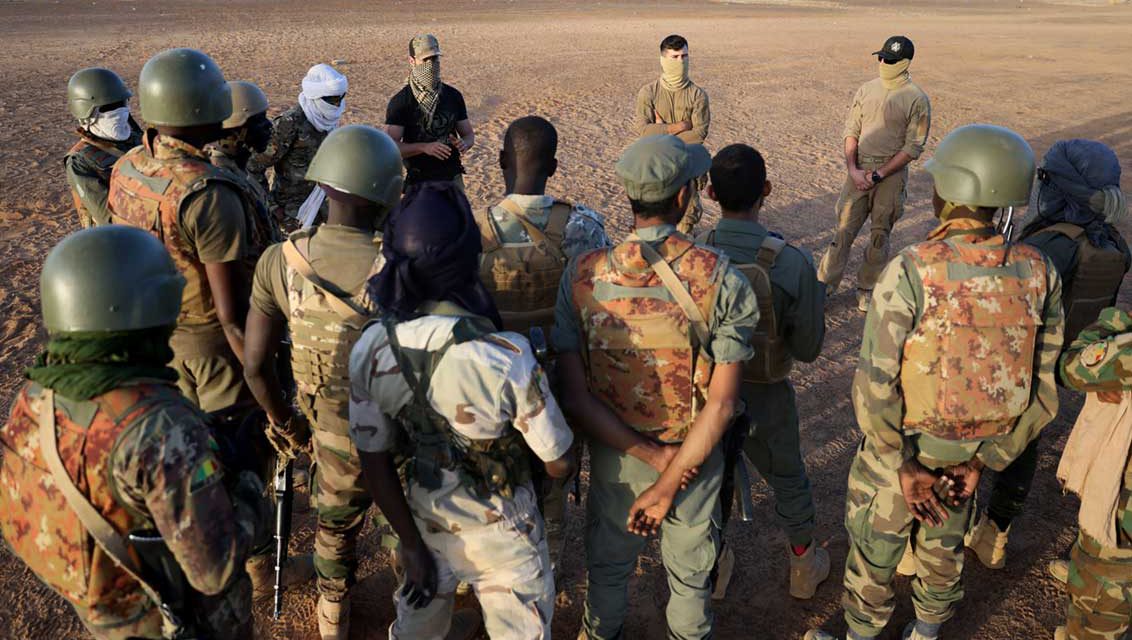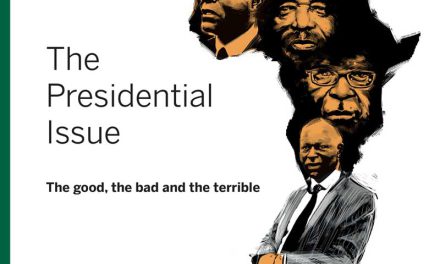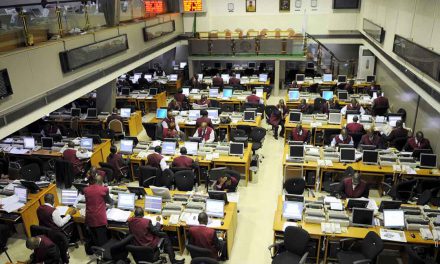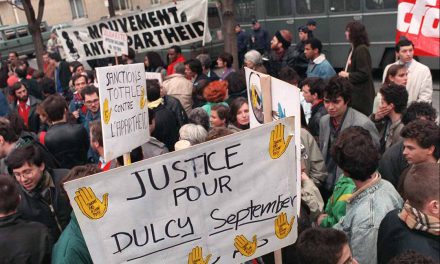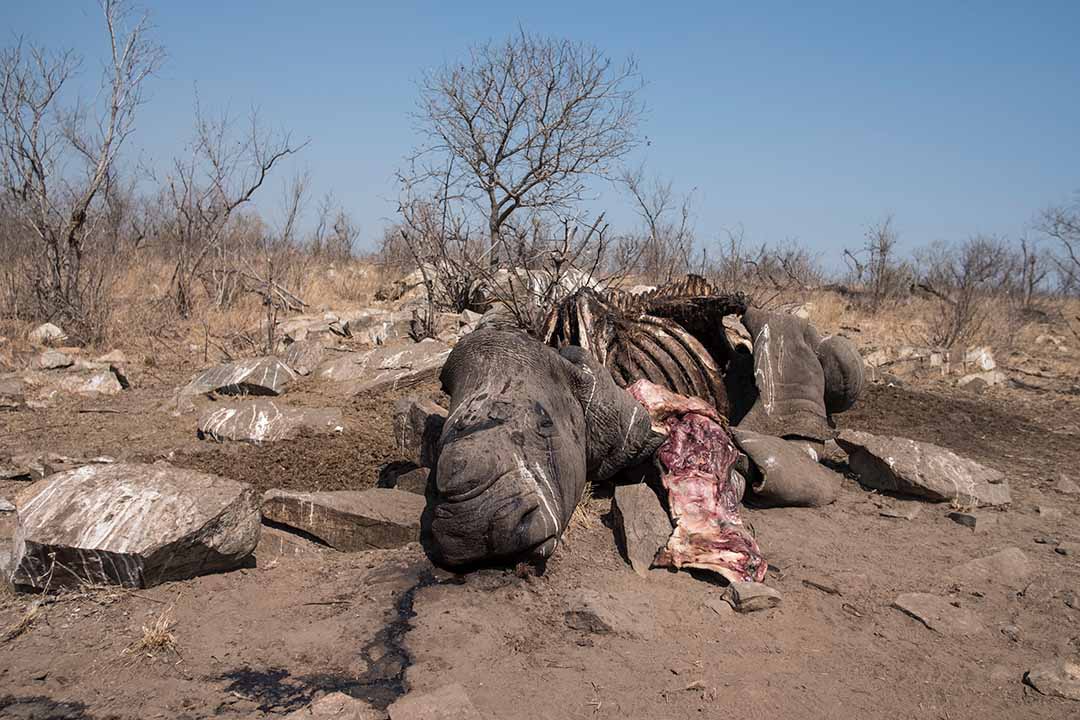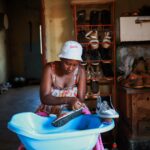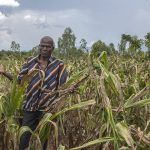Conflict in Africa can result in economic devastation that lingers on far beyond the last crack of gunfire, because aid and trade matter more to the continent’s economic growth than they do to others. The loss of international partners — and foreign direct investment in particular — can drain an African country of its economic lifeblood for years after a coup d’état or a civil war. International ventures are naturally risk averse, and foreign investment is inherently volatile. For investors in Paris, Beijing, London or New York, nothing seems quite so risky in Africa as a group of men in uniform taking power, or rebels in convoys headed toward the capital. Uncertainty is a surefire way to steer international capital elsewhere — either to another corner of Africa, or to another region altogether. However, not all volatility is created equal. The damage wrought by political violence — and the degree to which foreign direct investment flees bullets and bloodshed — is largely dictated by international responses to unconstitutional power grabs, coups and civil wars.
A country’s geo-strategic importance, particularly as regards economic interdependence and security, is a critical determinant of whether violence and volatility will lead to a devastating loss of foreign direct investment and a prolonged economic recession. Certain types of countries suffer more from conflict than others. The current scholarly consensus is that middle-income democracies, for example, suffer more economic fallout from coups than do poor authoritarian states. In short: comparatively richer democracies have more to lose from an autocratic military takeover than poor authoritarian states. For the latter class of countries, by contrast, a coup can sometimes even improve the economic outlook. But these findings overlook a key variable that accounts for significant variation in the economic trajectories of post-conflict nations: how the international community — and Western governments in particular — respond to conflict. This factor is particularly salient in the 21st century, since the international community has, at least rhetorically, affirmed a strong norm against coups and civil wars.
Since the end of the Cold War, international norms have shifted to uniformly oppose unconstitutional, and particularly violent transfers of power. This also became a regional norm in writing, as the African Union’s main prohibition against “unconstitutional change of government” was codified in the Lomé Declaration in July 2000. African countries that experience coups are likely to face regional and international isolation. In research recently conducted for One Earth Future, an anti-conflict think-tank based in Denver, Colorado, Jay Ulfelder and this author found evidence that the reactions of Western governments to conflict in other countries can create self-fulfilling economic prophecies. In some cases at least, there is evidence that the economic fortunes of a country after a coup, civil war, or an unconstitutional change of government may be largely dictated by international actors — particularly major powers in the West. Western governments may choose to isolate a country that has succumbed to a military takeover or a rebellion.
Isolation reduces international support for an illegitimate regime or an illegitimate rebel group that has taken power. Such isolation is based on the presumption that governments installed by unconstitutional means will find it hard to find allies or investors. In turn, prospective coup plotters or rebels may be deterred. But reinforcing the anti-conflict message with diplomatic and financial isolation comes at a cost: the economy concerned is likely to experience a severe downturn. On the other hand, Western governments can take a “business as usual” approach. They may use scathing rhetoric and call for a return to civilian government or to an end to a rebellion while not pursuing meaningful policy shifts with regard to the country concerned — be it aid, trade, or foreign direct investment. In such cases they may determine that a severance of ties is out of the question for short-term security reasons, or because they favour stability over a competing concern for democracy. In these cases, an economy is less likely to be affected. These diplomatic responses are not random.
They are carefully constructed with reference to geopolitics. Unfortunately, sub-Saharan Africa is in the geopolitical periphery. As a result, some countries outside of the region may receive more favourable diplomatic treatment in the wake of political violence, thereby ensuring continuity or even an increase in foreign direct investment. Government signals provide an important cue to investors, particularly when sanctions are involved — as they often are — with post-conflict, and particularly, post-coup governments. For example, an obscure and rarely enforced 1961 law explicitly forbids the US government from providing “any assistance to any country whose duly elected head of government is deposed by a military coup or decree”. In practice, however, the law is selectively applied. The military takeover in Egypt in 2013 was surely a textbook example of a coup d’état. Yet, challenged on this, a US State Department spokesperson said that the 1961 law did not require a “formal determination” as to whether a coup had taken place in Egypt, and that it was not in national interest to make such a determination.
US foreign direct investment to Egypt actually increased by 17% between 2013 and 2014, from $4.1 billion to $4.8 billion. Sub-Saharan Africa rarely gets this kind of treatment. The continent is home to far fewer Western geo-strategic priorities — with the exception, perhaps, of anti-terrorism cooperation in the Sahel region. Recent scholarship has shown that perceptions of African stability need to be built up over many years, but can be destroyed by a single event, such as a coup or a civil war; and government responses regularly prime FDI responses. Also, the reputational risks to Western firms of doing business in a place that is diplomatically isolated often cause firms to look elsewhere. However, international responses to African conflict can be comparatively less damaging if the country concerned serves Western economic interests in some way. Côte d’Ivoire’s 2010-11 post-election civil war, in which about 3,000 people died, created immense uncertainty. The country had just emerged from another civil war, so a pattern of political violence existed.
Yet foreign direct investment fell by only 16% after the conflict, and rebounded quickly. Why? Well, Côte d’Ivoire produces 40% of the world’s cocoa. Americans and Europeans want cheap chocolate, whether there’s a civil war or not. Foreign investors respond to African conflict in the same way they make investment decisions more generally: their decisions are based on their perceptions of future returns. When investors put their money into a country that is closely intertwined with Western interests, or the interests of a major global power such as China, then they are more likely to be insulated from capital flight after an episode of political violence. The US is more willing to stick to its diplomatic commitments with Egypt, or other perceived lynchpins of geopolitical security, even if that has economic consequences, than with a country like Madagascar. Being on the international periphery, as most of sub-Saharan Africa is, virtually ensures that political conflict will drive international investment elsewhere.
In addition, unlike Chinese firms, Western businesses are extremely hesitant to do business in regimes that are being routinely condemned for human rights abuses, undemocratic governance, and political violence. This creates a Catch-22 effect: those countries that are least well equipped to weather the storm of conflict are more likely to lose foreign investment, while countries that have sufficiently strong international partners are more likely to continue to receive investment. Africa, the most conflict-prone continent, is often punished most harshly by international investors when volatility strikes.
Brian Klaas is a Clarendon scholar at Oxford University. His research focuses on democracy building in Africa through improving elections and preventing violent conflict. He has also worked with Somali-Americans as the policy director for the campaign of Minnesota Governor Mark Dayton.

